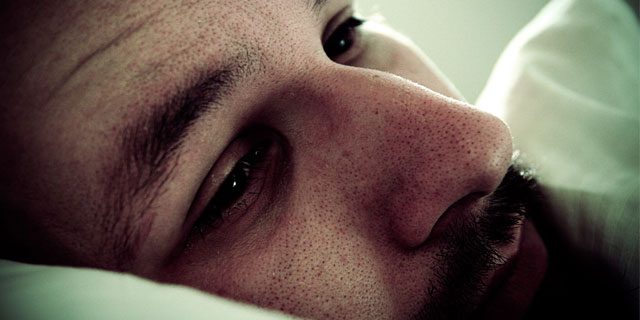Depression

Depression is common and has many forms. It is not the same as “feeling blue” or “being in a bad mood”. Depression can vary from mild to severe, affecting one’s ability to cope with daily activities and relationships. Depression is a complex issue that can be caused by various factors. If left un-checked, the feelings can worsen.
Changes in feelings and/or behaviors:
- Reduced ability to find pleasure in anything, including sex.
- Feelings of hopelessness and/or worthlessness; suicidal thoughts
- Exaggerated sense of guilt or self-blame
- Loss of warm feelings toward family and friends
- Neglect of responsibility and appearance
- Irritability, confusion, indecisiveness
- Reduced ability to cope on a daily basis
- Thoughts of suicide
Please note: if these symptoms are severe or an ongoing concern, consult your doctor or nurse practitioner.
Physical complaints:
- Chronic fatigue and lack of energy
- Significant change in appetite (decrease or increase)
- Change in sleep (excessive sleeping or trouble with sleep)
- Unexplained headaches, body aches, pain
- Digestive problems, including stomach pain, nausea, indigestion
Some causes of depression:
- Stress
- Difficult or traumatic events; chronic stress
- Substance use/abuse
- Medical issues, sleep or nutrition issues
- Genetic predisposition
- Brain chemistry
What you can do:
- Talk about it, learning that you are not alone
- Consult with your health care professional
- Remind yourself that healing takes time
- Develop a wellness plan (you can do this with your counselor)
- Physical self care (exercise; nutrition; sleep; reduce alcohol, drugs, caffeine)
- Lifestyle habits (routines, goals; stress reduction; relaxation)
- Emotional self-care (feel your feelings; self-forgiveness; professional help)
- Social support (friends, family; colleagues)
- Spiritual connection (prayer; meditation; community; find purpose/meaning)
Sources:
- Counselling Services at Brandon University
- Counseling Center at University of Illinois Urbana-Champaign
